The landscape of fiber optic design for data centers is witnessing significant transformations, driven by the increasing demand for bandwidth, longer transmission distances, energy efficiency, and enhanced security. This article delves into key trends and innovations that are poised to shape the future of fiber optic design, ensuring data centers are equipped to meet evolving challenges and demands.
Increased Data Rates: Meeting the escalating demand for bandwidth in modern data centers is a top priority. The emergence of technologies like fiber optic 5G, high-definition streaming, and cloud computing necessitates ultra-fast fiber optic connections. To address these demands, the industry is advancing in the following areas:
New Multi-Fiber Designs: Researchers are exploring innovative designs supporting multiple cores for data transmission, significantly increasing throughput.
Enhanced Data Modulation Techniques: Ongoing advancements in modulation techniques, including QAM and OFDM, aim to achieve even higher data throughput.
Next-Generation Transceivers: Development in transceiver technologies is pivotal for achieving faster data rates while maintaining signal integrity.
Longer Transmission Distances: Enhancing transmission capabilities for seamless connectivity across cities, countries, and continents is a key focus. Innovations in this realm include:
Low Attenuation Fiber Loss: Development of low-loss fiber optic cables minimizes signal degradation over longer distances.
Advanced Amplification Techniques: Techniques like Raman amplification and erbium-doped fiber amplifiers extend the reach of signals over considerable distances.
Dispersion Compensation Techniques: Fiber optic systems now integrate dispersion compensation techniques to reduce signal distortion, enabling longer transmission distances.
Improved Energy Efficiency: As energy consumption becomes a growing concern, designing energy-efficient fiber optic networks is imperative. Strategies include:
Energy-Efficient Transceivers: Development of transceivers consuming less power without compromising performance contributes to overall energy efficiency.
Dynamic Power Management: Intelligent power management techniques optimize energy usage based on demand, reducing wastage.
Low-Loss Connectivity: Utilizing low-loss fiber optic cables and connectors minimizes power loss during transmission, enhancing overall energy efficiency.
Enhanced Security: In an era marked by rising data breaches and cyber threats, securing data transmission within data centers is paramount. Fiber optic design incorporates advanced security measures, including:
1. Quantum Encryption Technologies: Exploration of quantum key distribution to provide unbreakable encryption for fiber optic networks.
2. Physical Security Measures: Multi fiber optic cable is designed with tamper-proof features to guard against physical attacks and unauthorized access.
3. Intrusion Detection Systems: Advanced intrusion detection systems integrated into fiber optic networks detect and mitigate potential security breaches.
As data centers evolve to handle increasing volumes of data, fiber optic design stands at the forefront of technological advancements. The future of fiber optic design revolves around achieving higher data rates, enabling longer transmission distances, enhancing energy efficiency, and fortifying security measures. By staying abreast of these trends, data centers can ensure they are equipped with cutting-edge technologies to optimize performance, reliability, and security. Fiber optic connectivity is set to play a pivotal role in supporting the digital transformation and growth of data centers on a global scale.
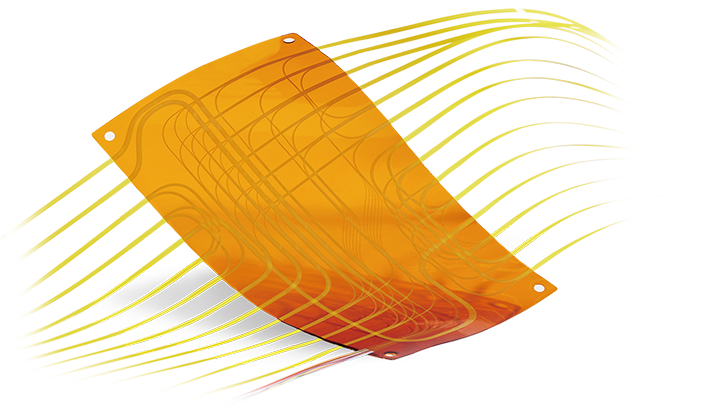 Fiber Optic Flex Circuit (FOFC)
Advanced Simulation & Optimization, High Positioning Accuracy, Flexible Customization, Rigorous Reliability Testing
Fiber Optic Flex Circuit (FOFC)
Advanced Simulation & Optimization, High Positioning Accuracy, Flexible Customization, Rigorous Reliability Testing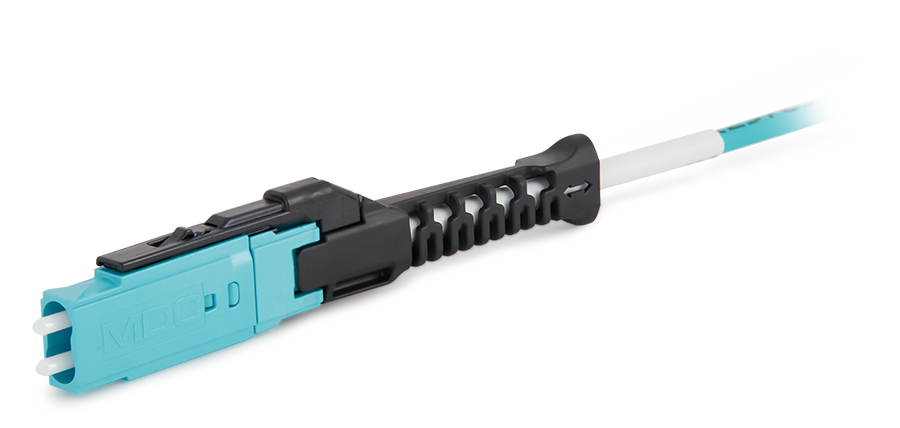 MDC Solution
US Conec's MDC connector is a Very Small Form Factor (VSFF) duplex optical connector, expertly designed for terminating single-mode and multimode fiber cables with diameters up to 2.0mm.
MDC Solution
US Conec's MDC connector is a Very Small Form Factor (VSFF) duplex optical connector, expertly designed for terminating single-mode and multimode fiber cables with diameters up to 2.0mm.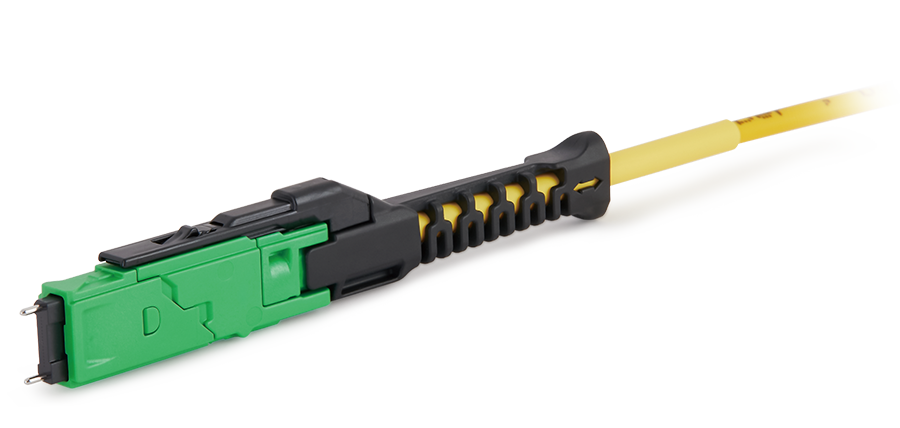 MMC Solution
US Conec's Very Small Form Factor (VSFF) multi-fiber optical connector that redefines high-density connectivity with its cutting-edge TMT ferrule technology and intuitive Direct-Conec™ push-pull boot design.
MMC Solution
US Conec's Very Small Form Factor (VSFF) multi-fiber optical connector that redefines high-density connectivity with its cutting-edge TMT ferrule technology and intuitive Direct-Conec™ push-pull boot design. EN
EN
 jp
jp  fr
fr  es
es  it
it  ru
ru  pt
pt  ar
ar  el
el  nl
nl 

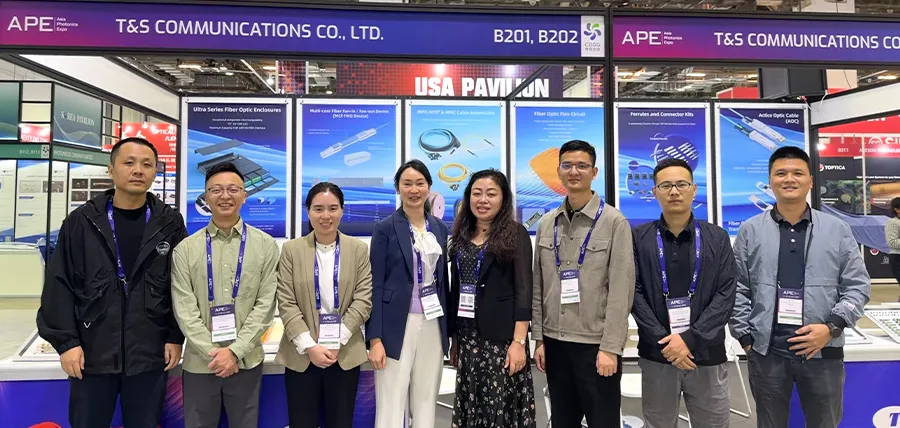
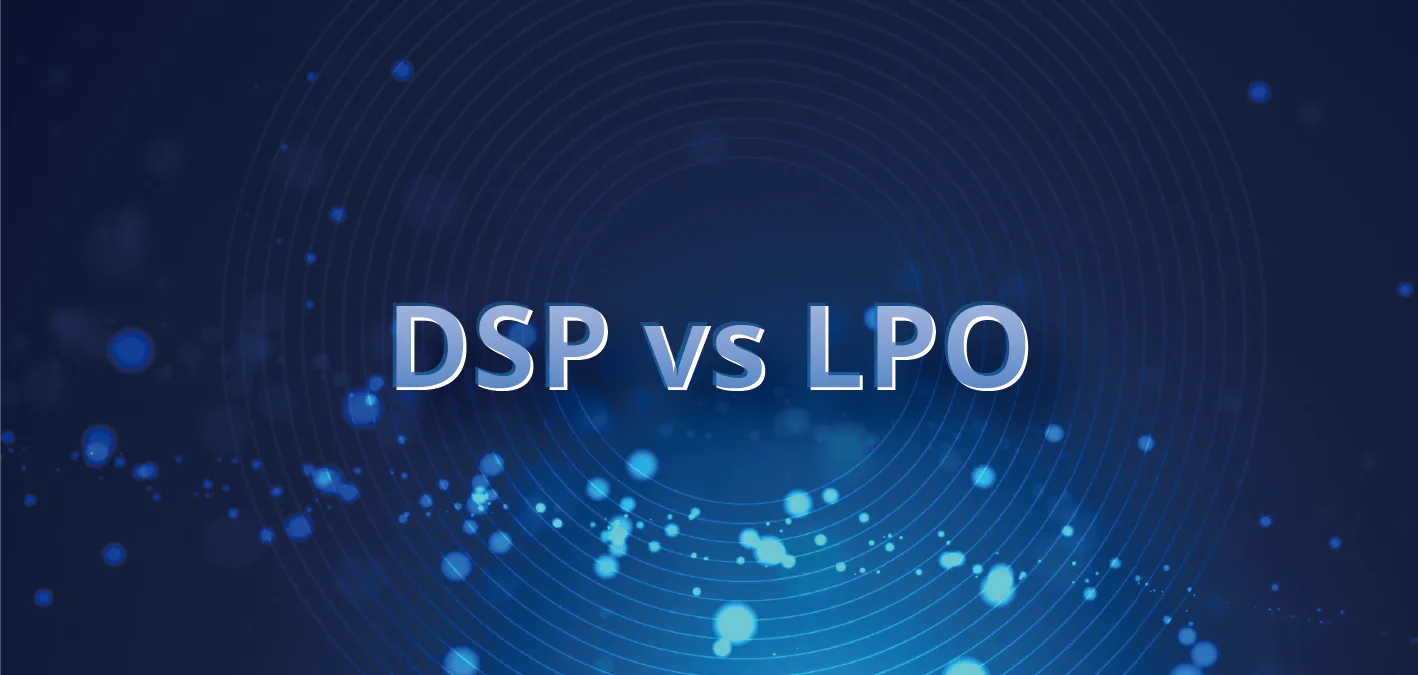
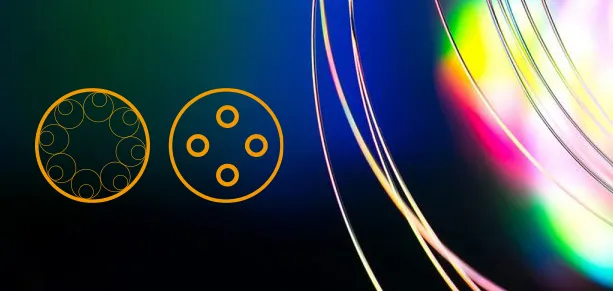
_and_High-Reflection_(HR)_Optical_Coatings.webp)